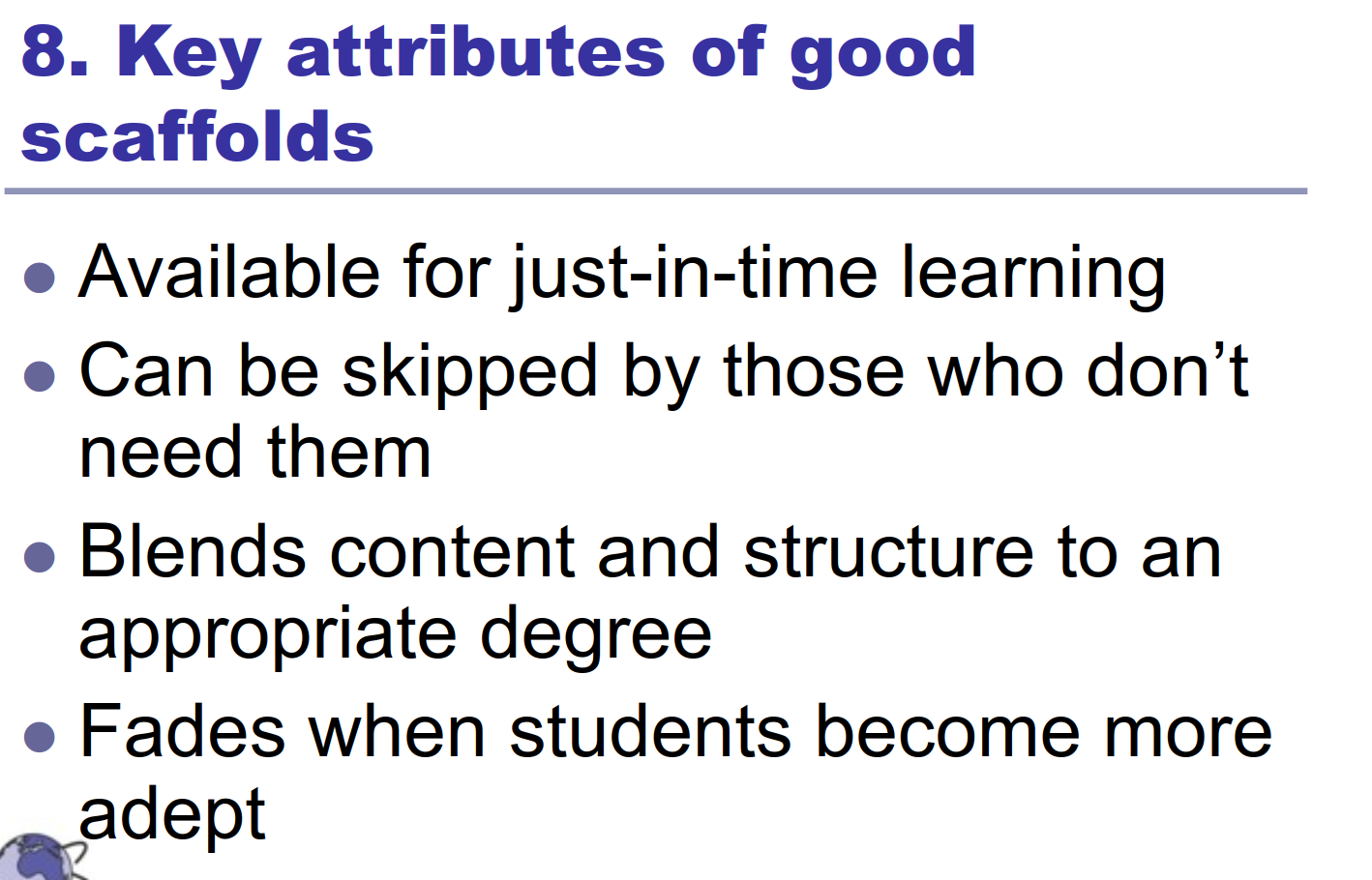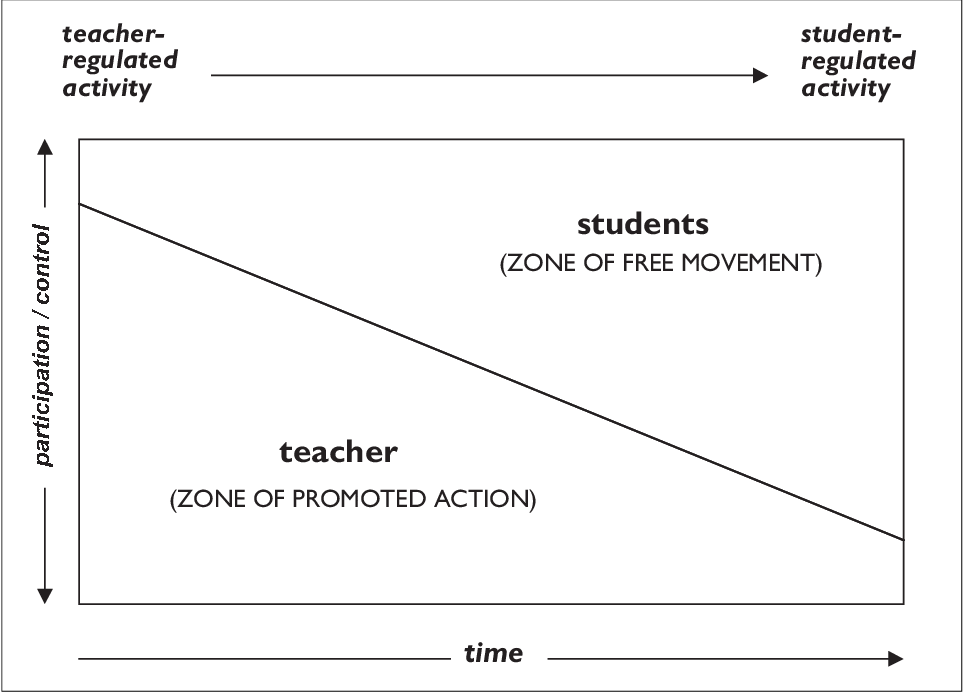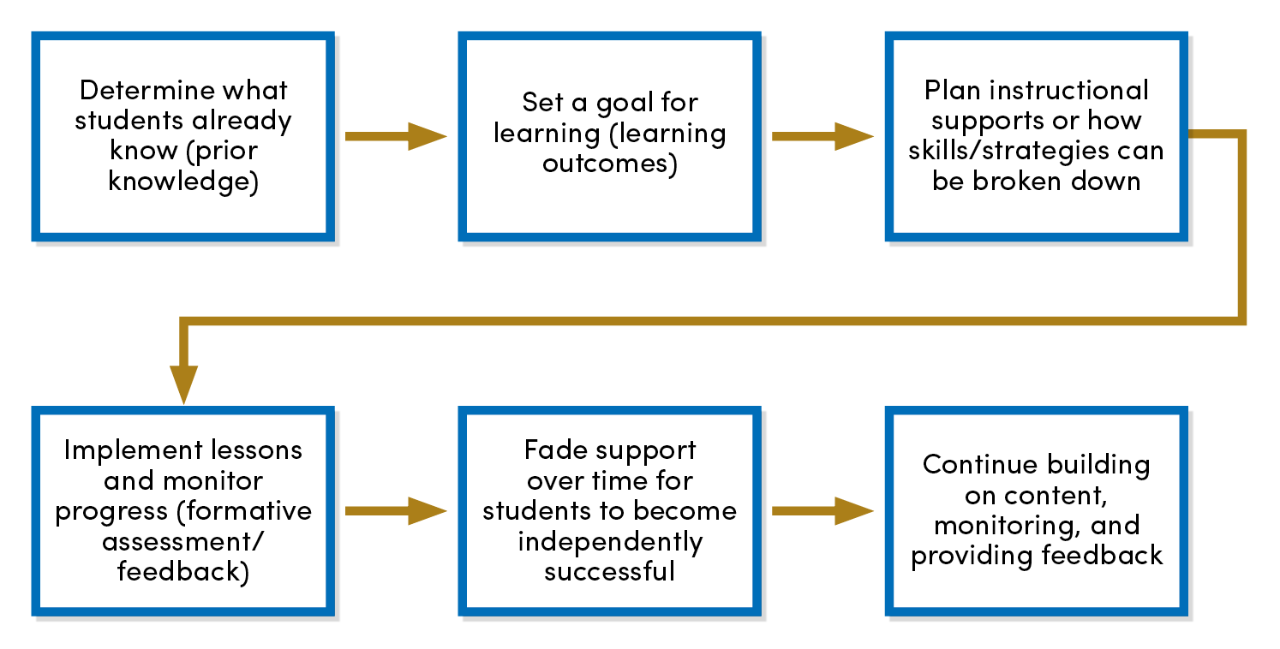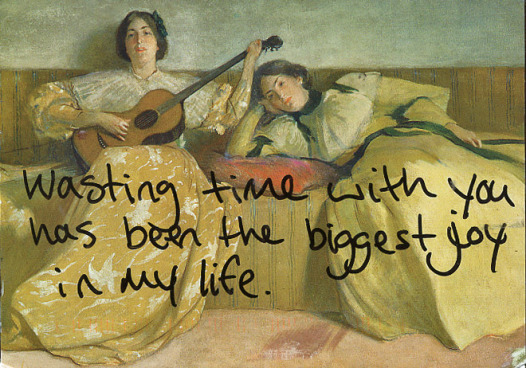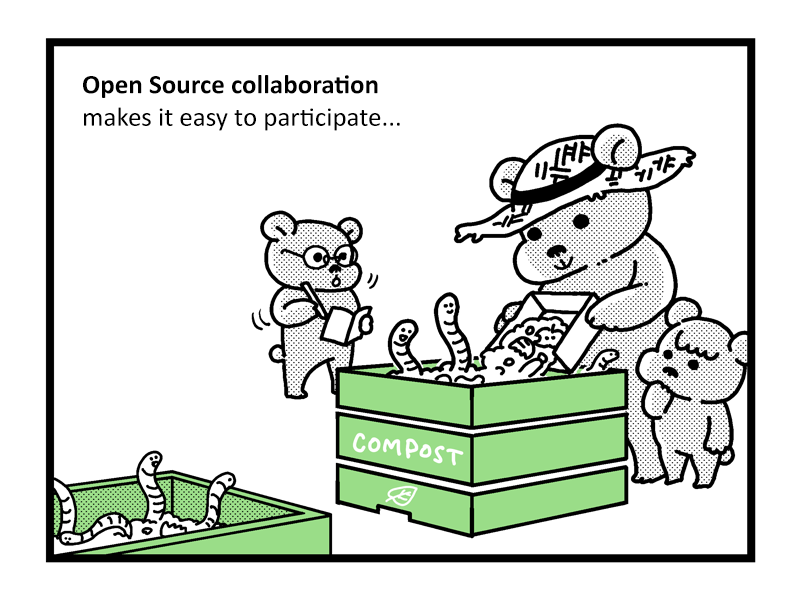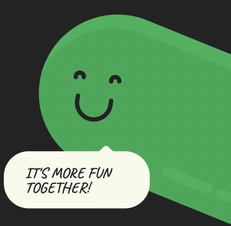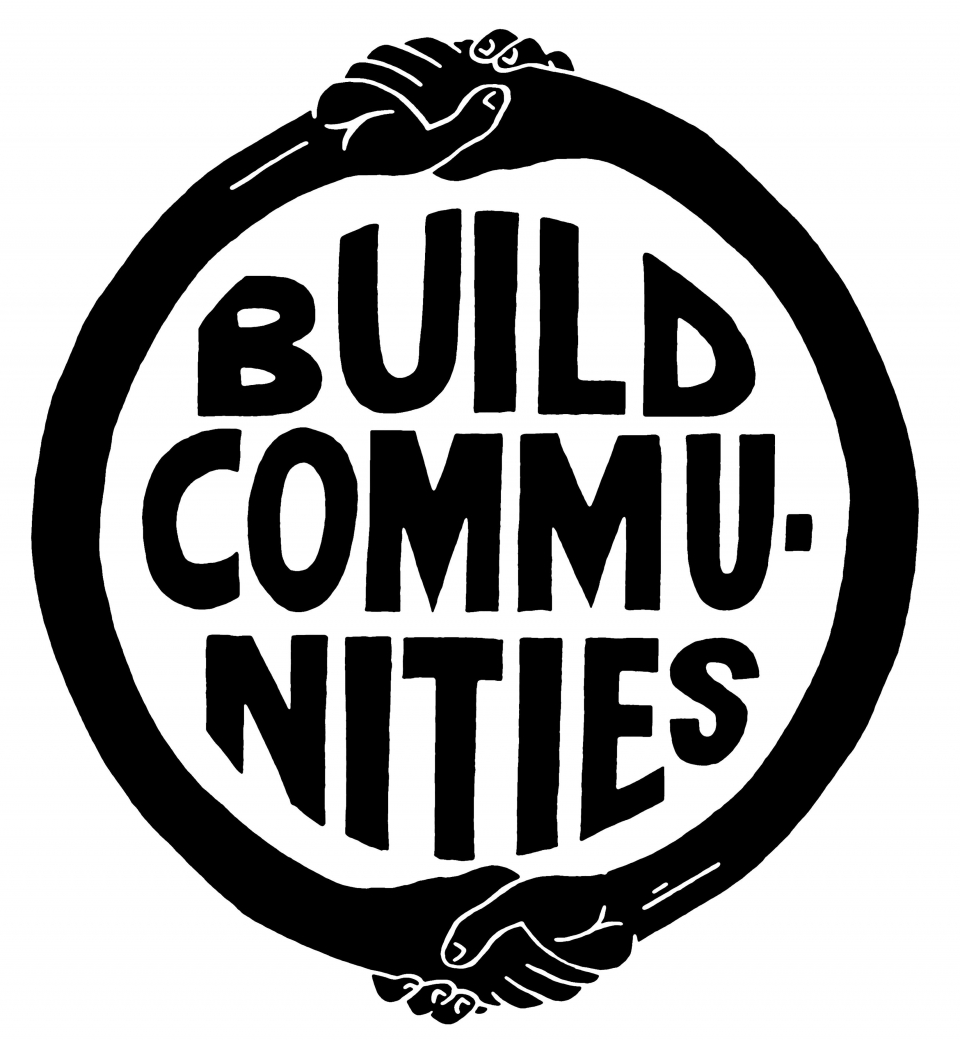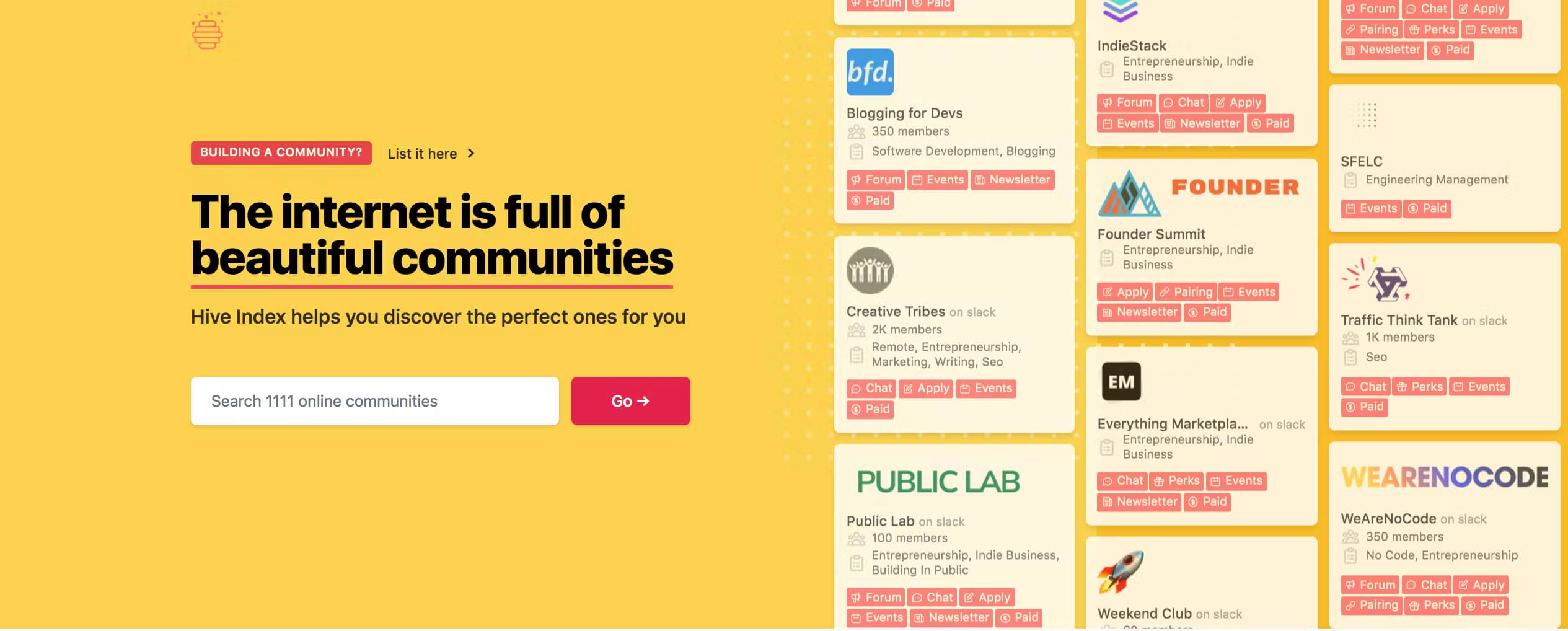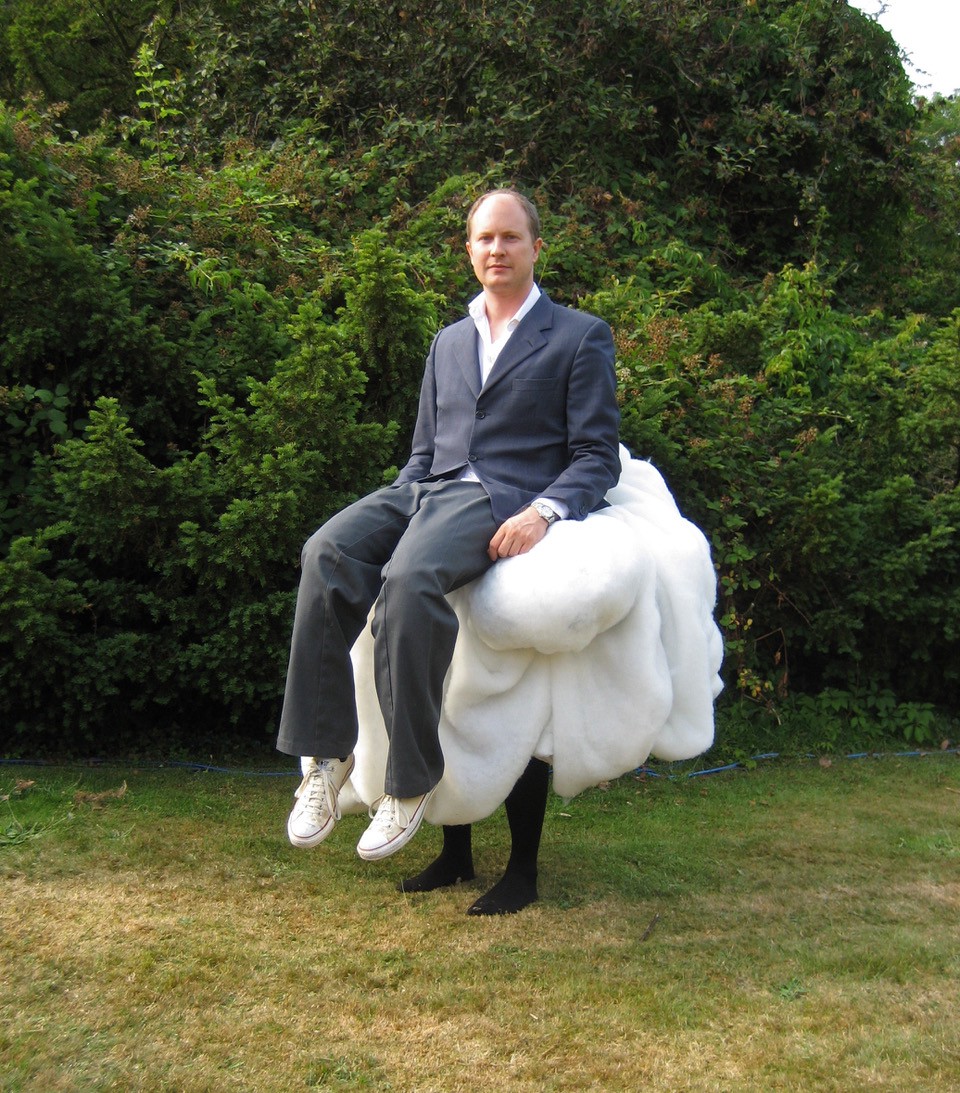tag > Community
-
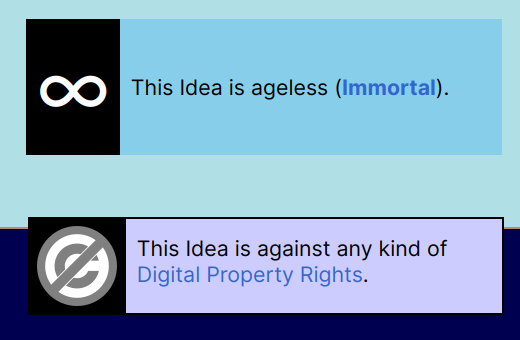
- Ideas cannot be owned,
- Ideas cannot be bought,
- Ideas cannot be sold,
- Ideas cannot be Killed!
- We are one,
- Knower, Knowledge and Known !
-
Ogbo is a community for individuals committed to living a relaxed and healthy life through daily practice. A new project i helped make.
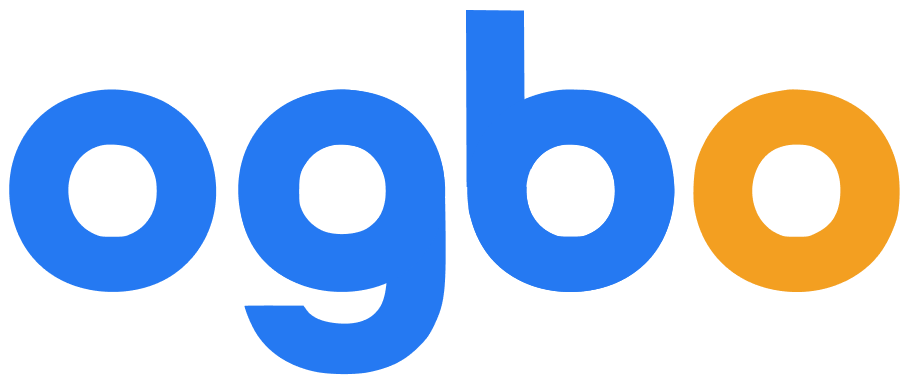
Cultivating habits centered around relaxation, exercise, and connecting with nature can dramatically improve quality of life. However, making such practices a consistent part of our daily routine isn’t always easy.
Ogbo helps with this process with a diverse library of community curated activities and a convenient calendar, crafted to help you chart your journey, guide your evolution, and connect with fellow practitioners. Together, we cultivate a space of communal well-being, mutual growth, encouragement, and inspiration.
Ogbo is a free public service, conceived and nurtured by Felix Lorenz and Samim Winiger. Your insights, feedback, and aspirations are the currents that steer our ship. Connect with us via Email or Chat.
We are grateful for your attention and presence. Keep breathing and enjoy your practice. Join Ogbo!
#Projects #Mindful #Qi #Praxis #Health #Culture #Magic #Community #SacredSpaces #Peace #Nature
-
"85% of what determines health is upstream - in communities, where people are enabled to care. But 85% of our health spending is downstream, on doctors". - Source
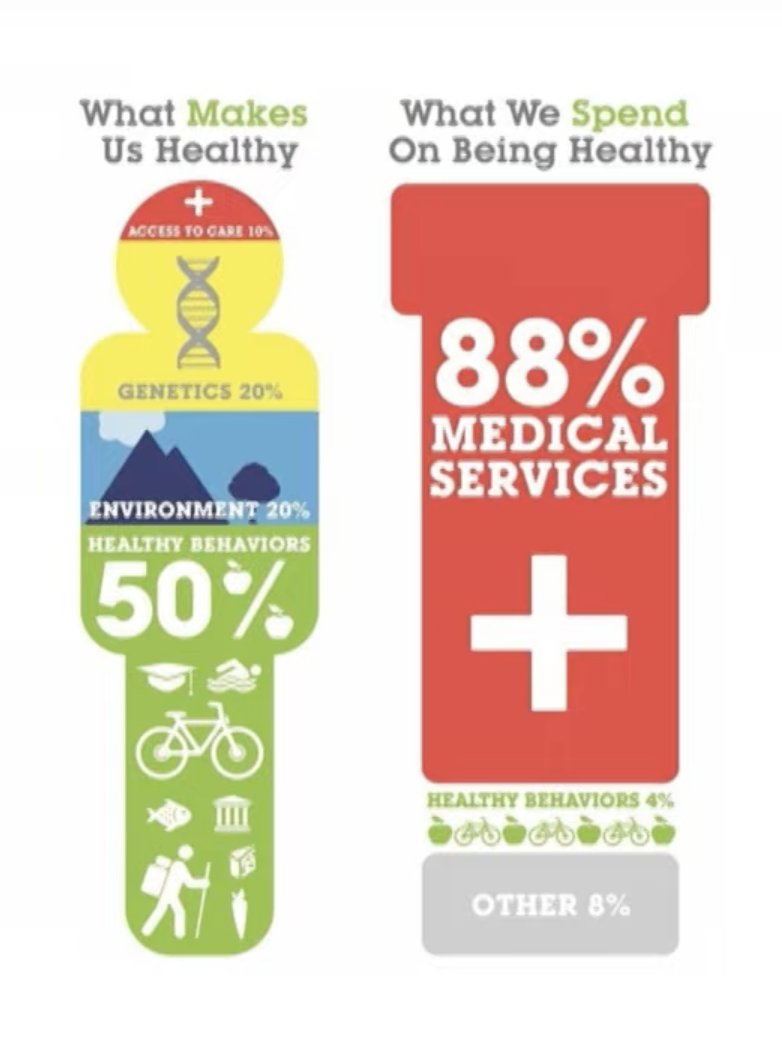
-
The relationship of obedience to disobedience and blind obedience
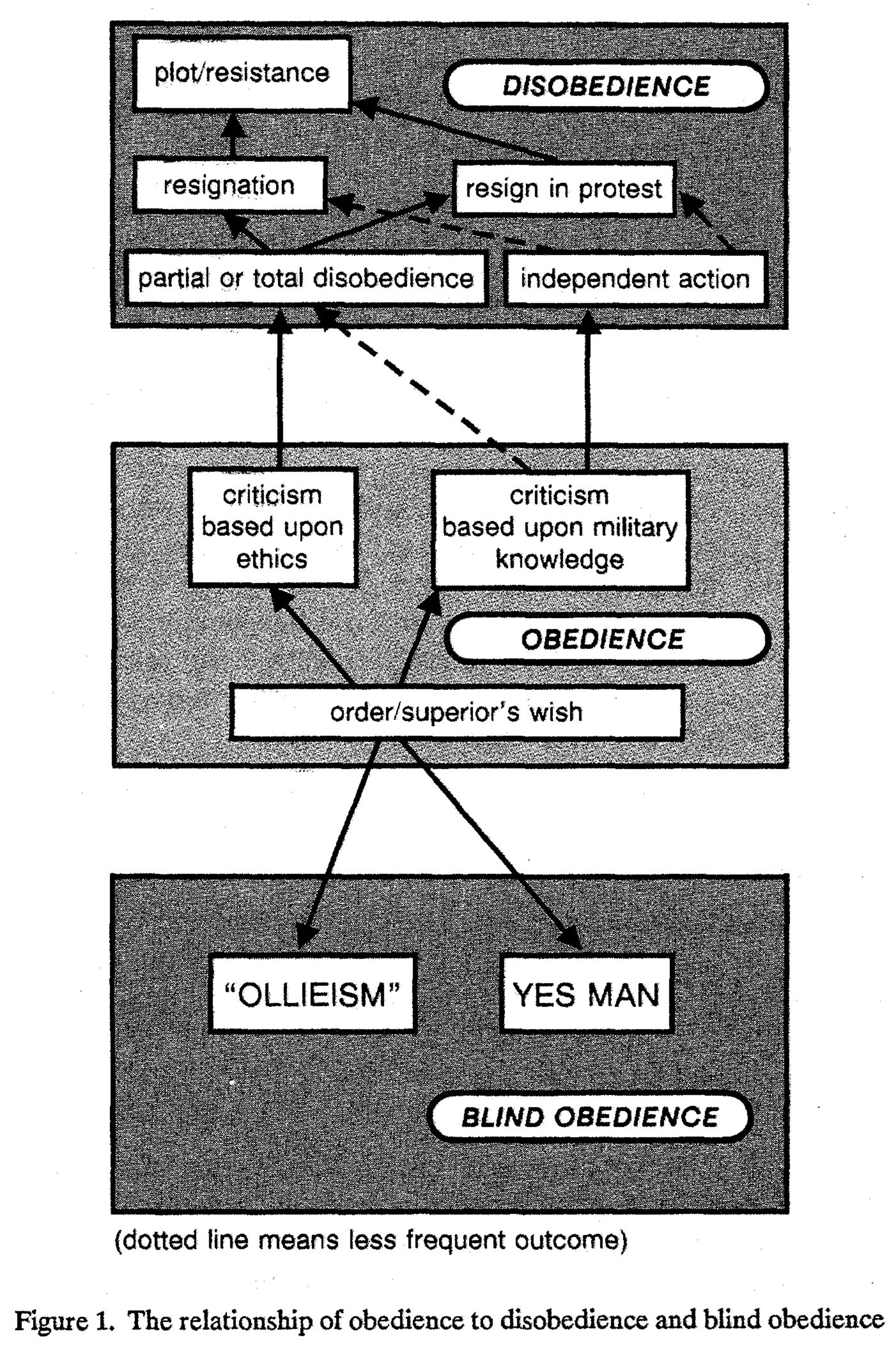
-
The misconception that generative music is merely a technical challenge must be debunked. As technical capabilities become open-sourced & commoditized rapidly, the challenges lie in crafting meaningful tools, interfaces, new business models, and fostering a thriving community.
-
Dear readers of this blog:

Thank you for your continued interest, it is very much appreciated! Clearly our global civilization is in a special and delicate situation right now. My intentions are that all of you and your families successfully get through this turbulent period with lots of tranquility, well-being and fortune. I will pray for this. Beyond that, given the circumstances, i will work on remaining relaxed, patient, gentle, kind and loving - and have faith that things will turn out positively for all. Lets go with flow and react appropriately as things evolve. If you feel i can be of any help to you, please do reach out. Kind Regards, Samim
-
Photos from the Organic Music Society by Don Cherry (1972) - Related: Docu on Cherry (1978)
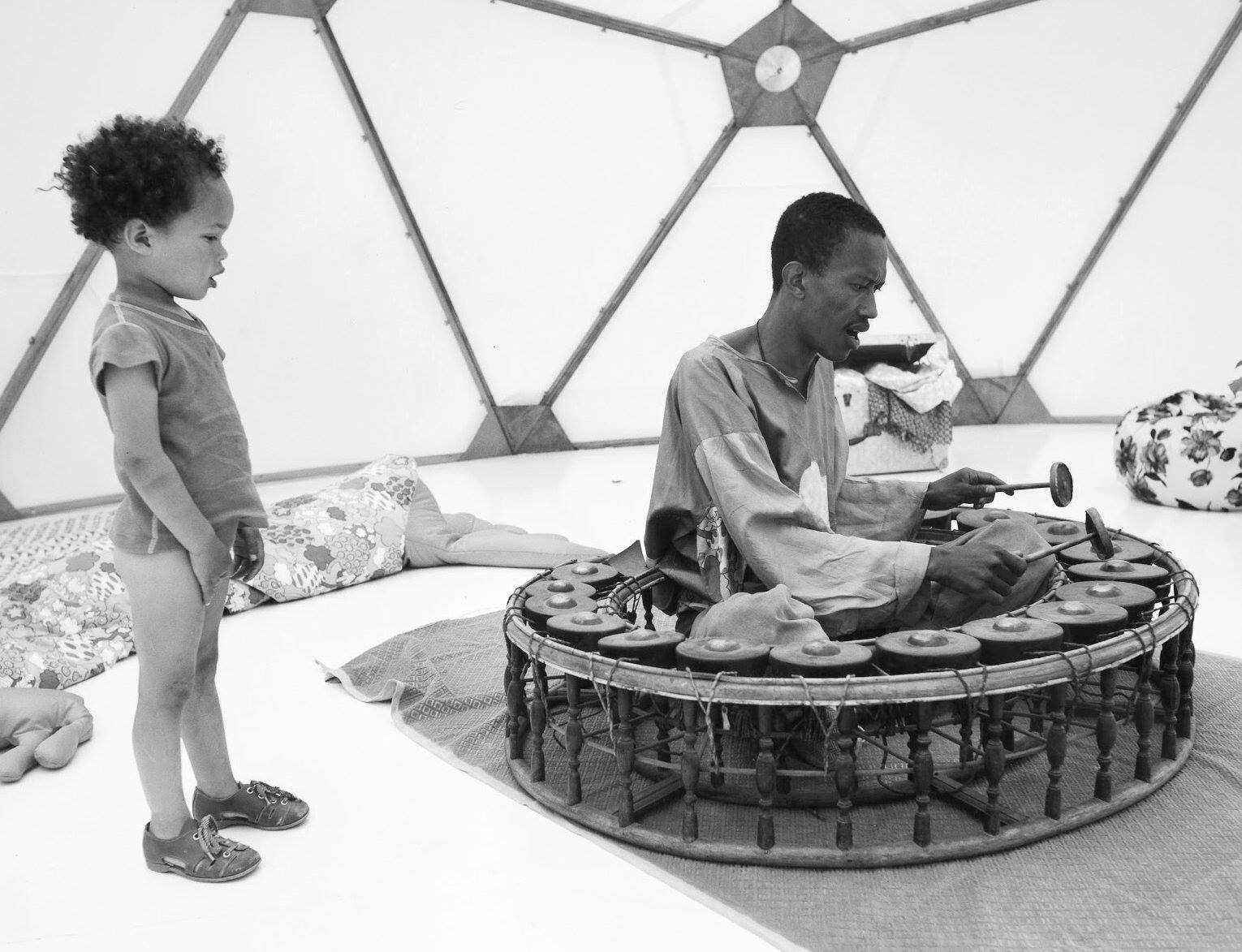
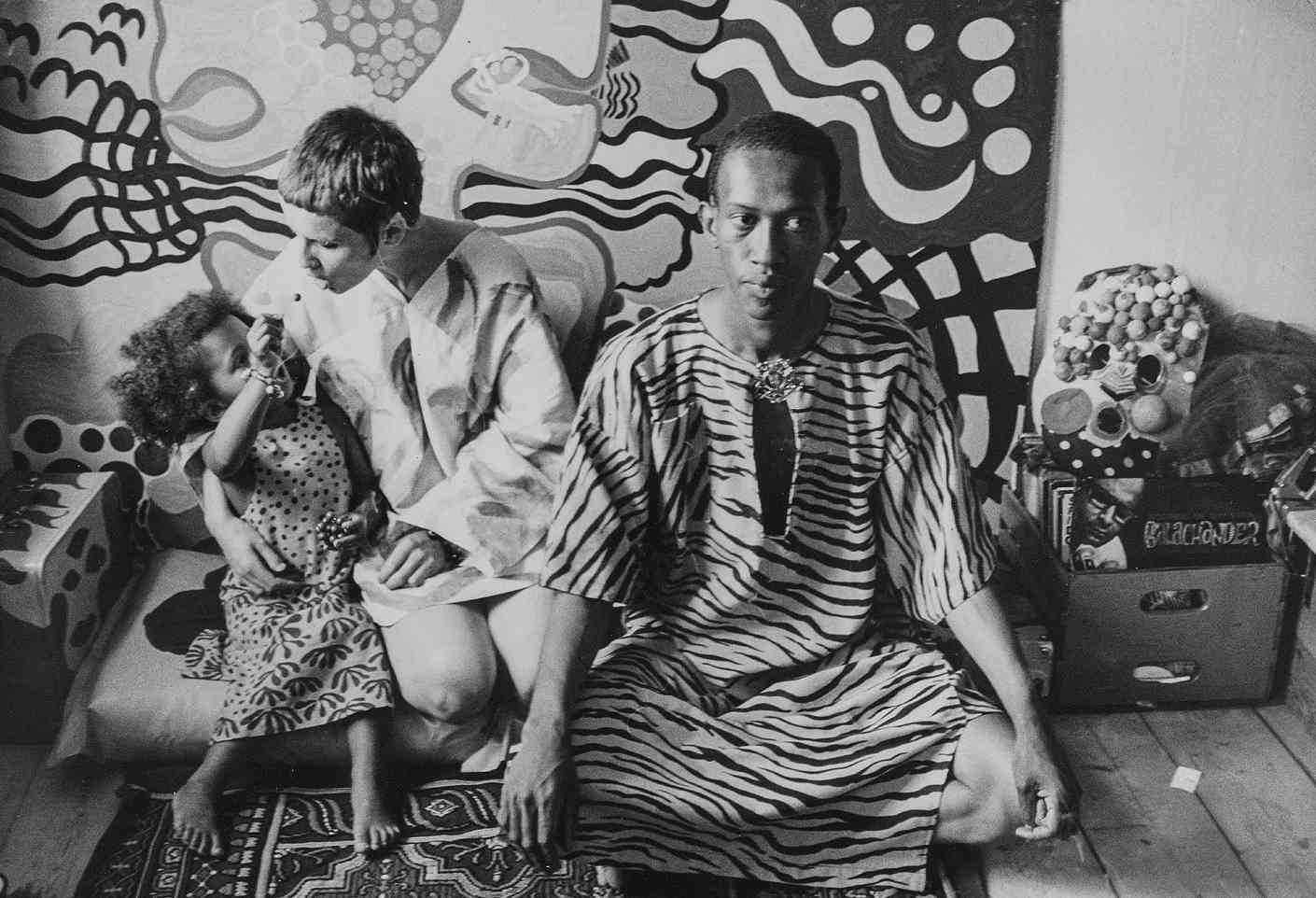
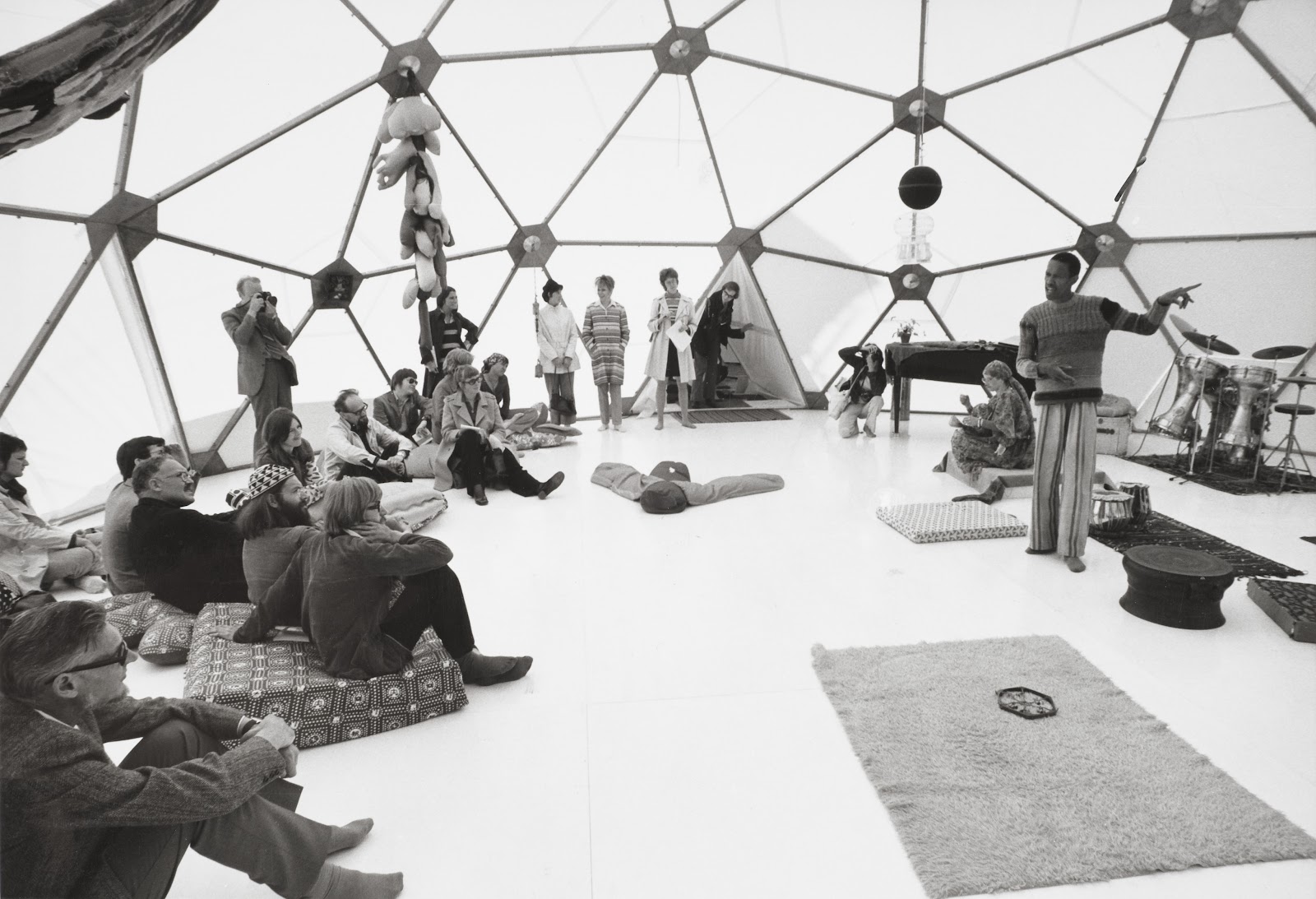
-
Manage stress: Strengthen your support network (American Psychological Association)
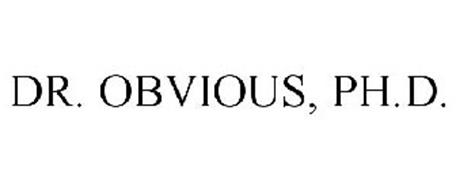
Scientific research has found that interpersonal relationships can have a number of important benefits for physical and psychological health. 🤡
-
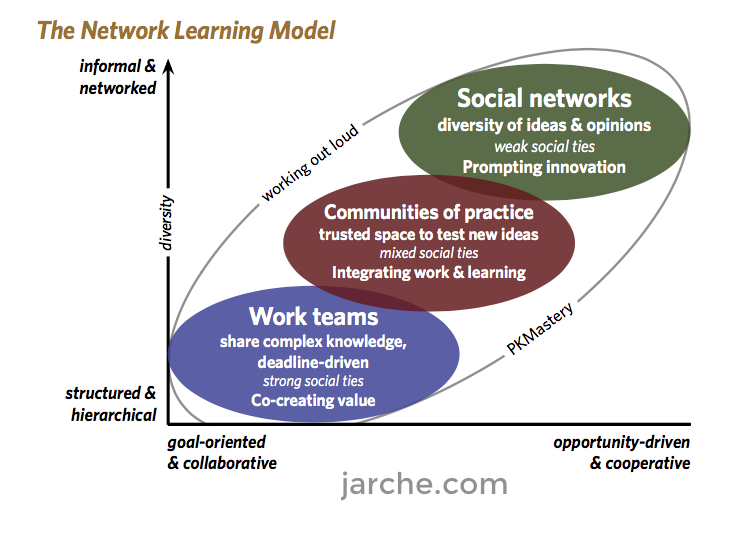
In the network era, developing the skills of a master artisan in every field of work will be critical for success. While getting work done collaboratively will continue to be of importance in all organizations, it will not be enough. New ideas will have to come from our professional networks in order to keep pace with innovation and change in our fields. More importantly, a safe place is needed to connect these new ideas to the work to be done.
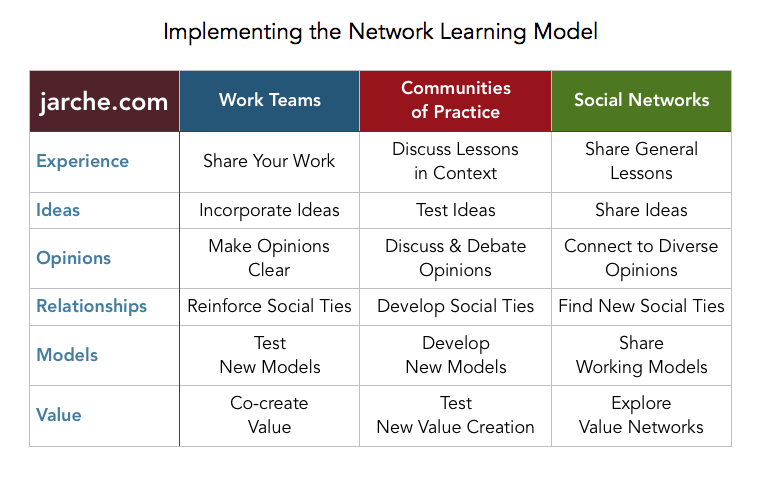
Communities of practice will continue to grow as knowledge artisans need to integrate their work and learning in a trusted space. As the gig economy dominates, communities of practice can bring some stability to our professional development. These are owned by the practitioners themselves, not an association and not an organization. You know you are in a real community of practice when it changes your practice.
-
Get Together: How to build a community with your people (Book)
True stories of everyday people who created thriving communities, both in-person and online. The authors untangle the challenge of getting passionate people together into clear steps, helping individuals and organizations navigate the intricacies of leading a community.
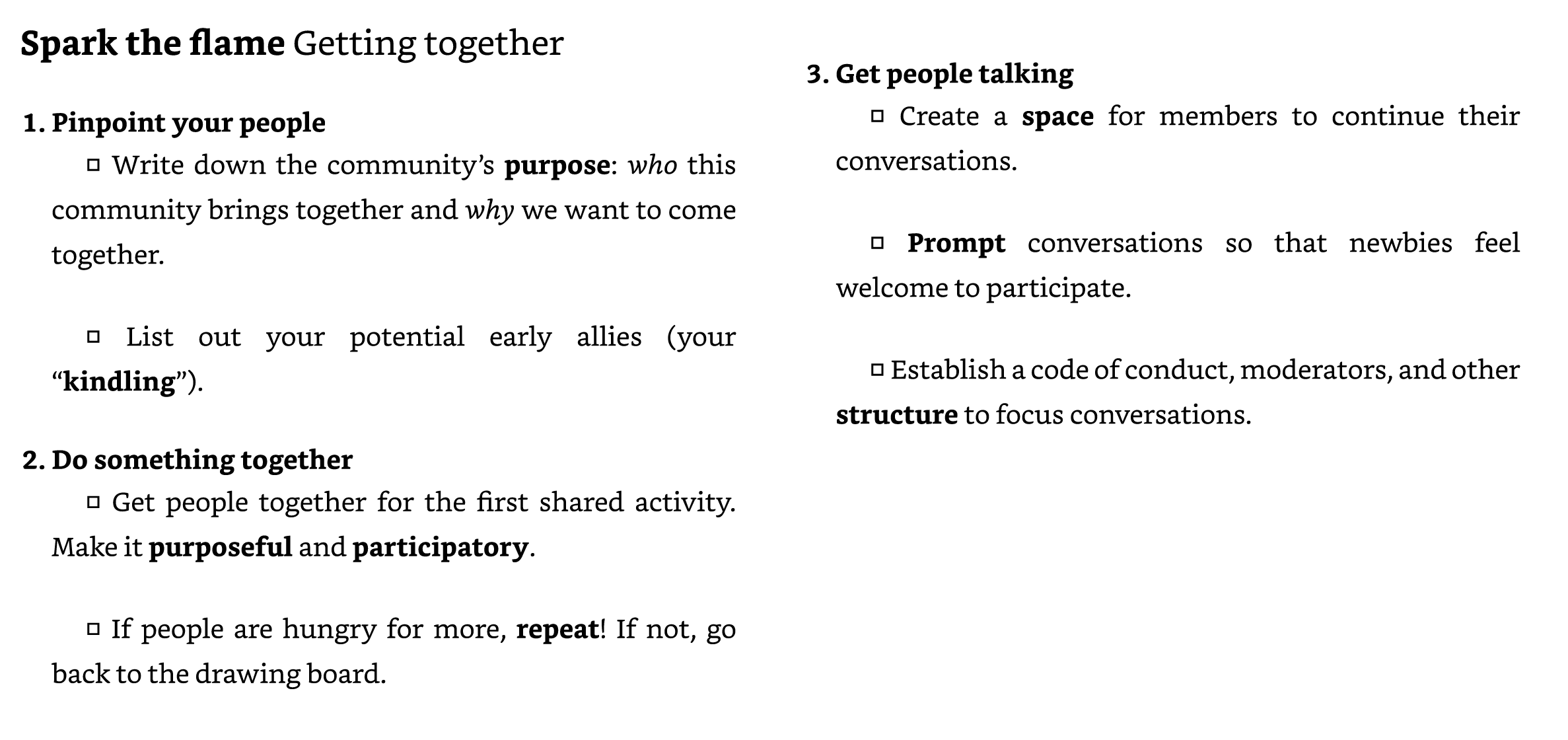
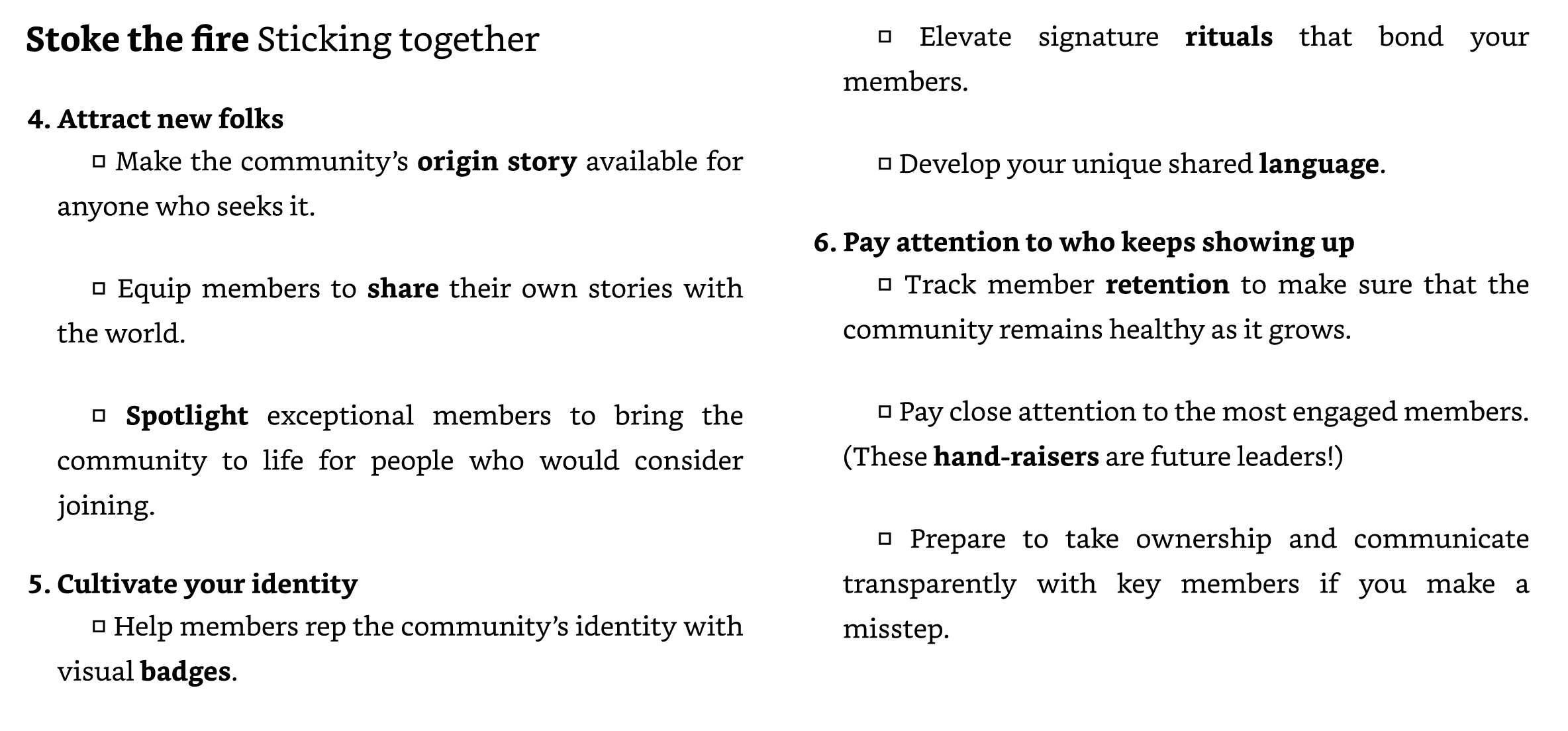
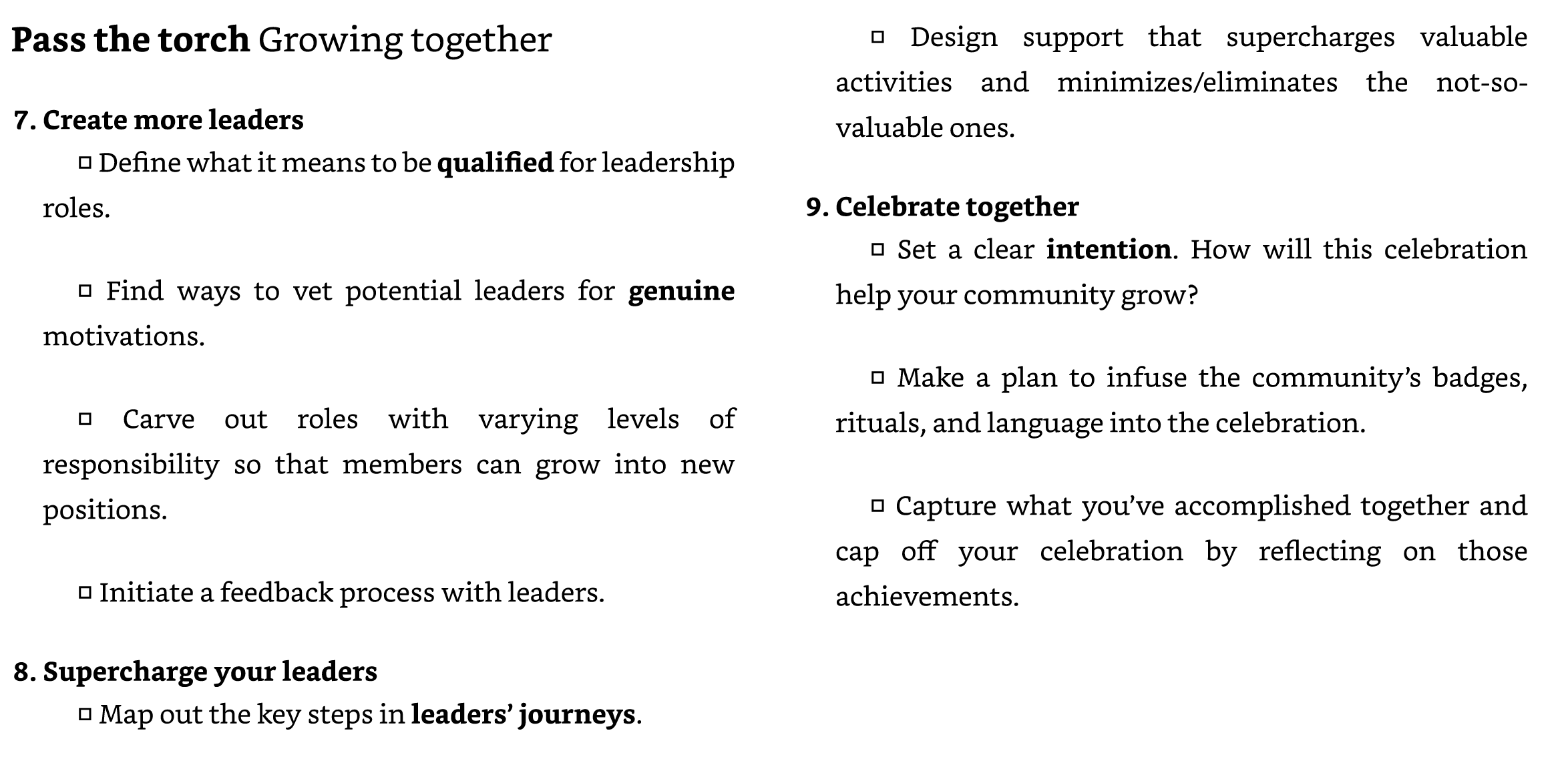
-

According to Wenger-Trayner (2015), communities of practice (CoP) are “groups of people who share a concern or a passion for something they do and learn how to do it better as they interact regularly.” (p. 1). This is not just a group or team; it has to meet at least three key characteristics: domain, community and practice.
Domain refers to shared interest or competence that distinguishes its members from other individuals. Community, on the other hand, is formed through shared activities and discussions, whereby members help each other, share information and learn from each other to build stronger relationships. Practice means that members are supposed to be practitioners who “share a repertoire of resources: experiences, stories, tools, ways of addressing recurring problems—in short a shared practice… which takes time and sustained interaction.” (Wenger-Trayner, 2015, p. 2). The combination of these three elements constitutes a community of practice, and developing and sustaining these three elements can lead for such a community to flourish. Figure 1 shows the interconnectedness of these key qualities that comprise CoP.
-
The habits of highly effective community development practitioners
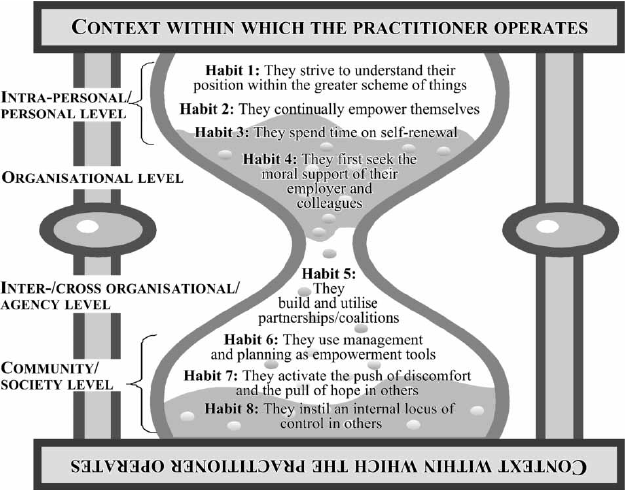
This paper is the result of a study aimed at answering the question: 'What makes effective community development practitioners effective?' In it, all the articles published over a 10-year period in the Community Development Journal, International Social Work, Journal of Community Practice and Social Work (South Africa) were subjected to a secondary analysis. This made it possible to identify eight 'habits of effectiveness'. This set of habits can form a credo to guide a practitioner's service delivery. It also provides a list of criteria to help identify ineffective habits and confirm effective ones.
-
Communities of Practice (CoPs)
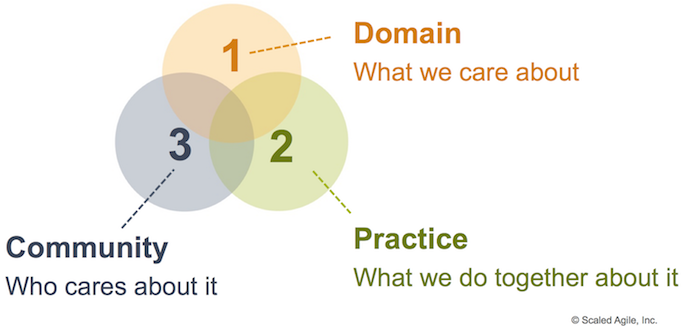
Communities of Practice (CoPs) are organized groups of people who have a common interest in a specific technical or business domain. They collaborate regularly to share information, improve their skills, and actively work on advancing the general knowledge of the domain.
-

"Wisdom is not the product of schooling but the lifelong attempt to acquire it." - Albert Einstein
